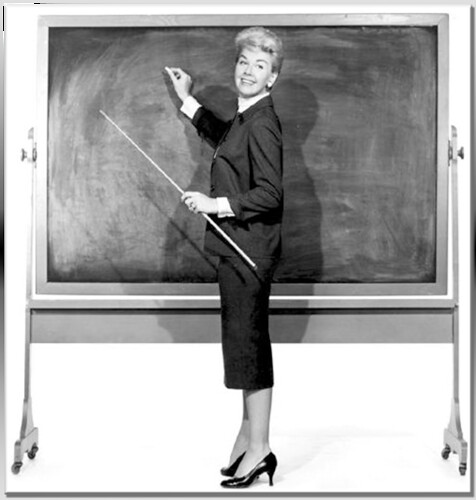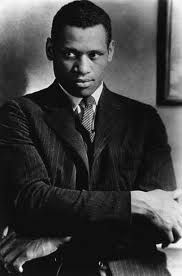copyright © 2011 Betsy L. Angert. Empathy And Education; BeThink or BeThink.org
He who can, does; he who cannot, teaches
~ George Bernard Shaw [Man and Superman, 1903]
“A fool’s brain digests philosophy into folly, science into superstition, and art into pedantry. Hence University education.”
~ George Bernard Shaw
I heard the words for as long as I recall. The meaning was intricately woven into my mind. I, as all little children since George Bernard Shaw scribed his belief, “He who can, does; he who cannot, teaches,” was taught to believe that Teachers could choose no other career. Educators, entrusted with children’s lives were indeed, incapable beings. These individuals had tried and failed to perform well in professions that required intellect and, or dexterity. Because the incompetent were inept, they fled to schools and identified themselves as “Teachers.” In classrooms, less than sage scholars could teach with little authentic expertise. Today, as a culture, Americans choose to prove this erroneous truth. Grading the Teachers: Value-Added Analysis.


